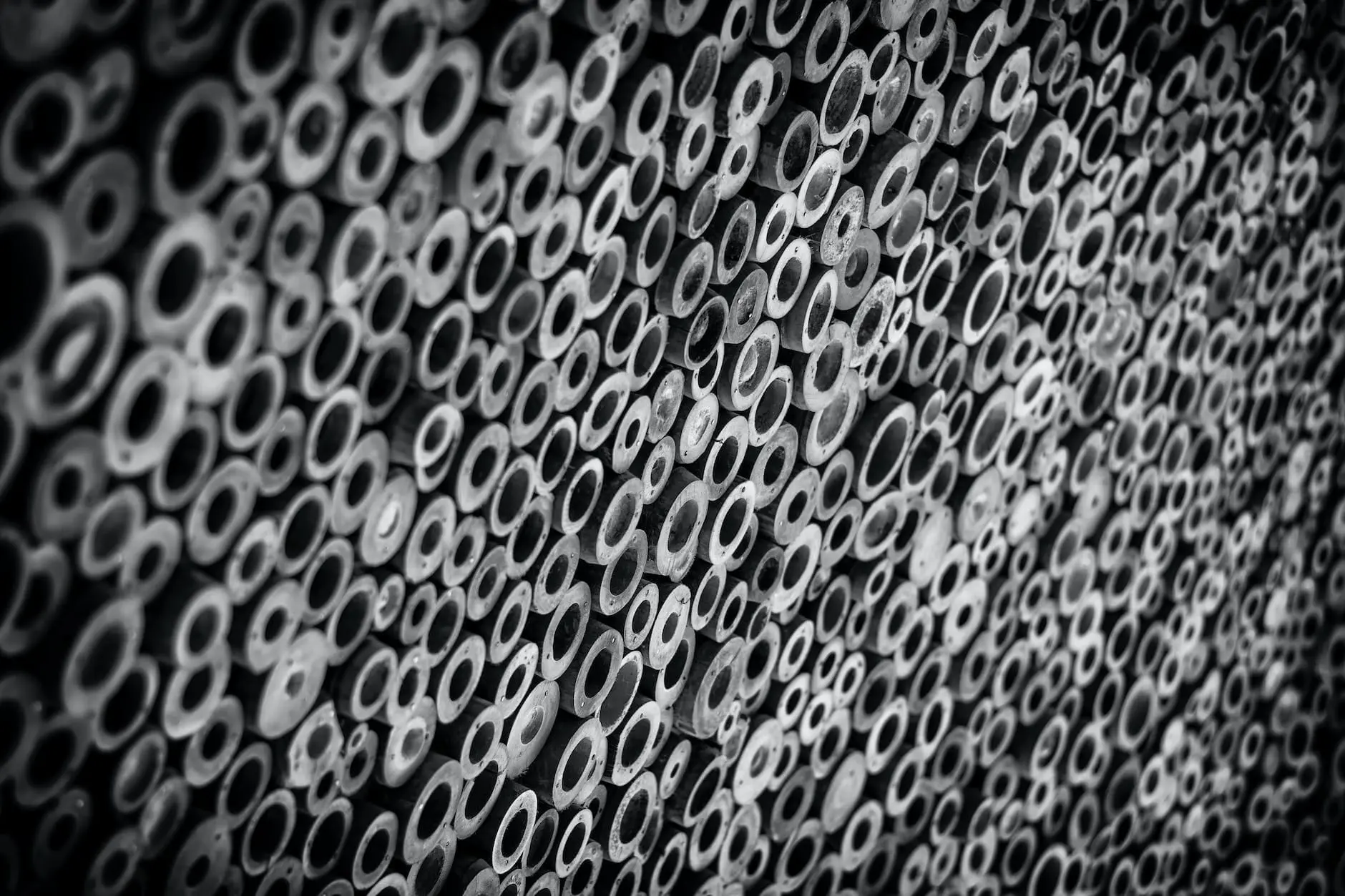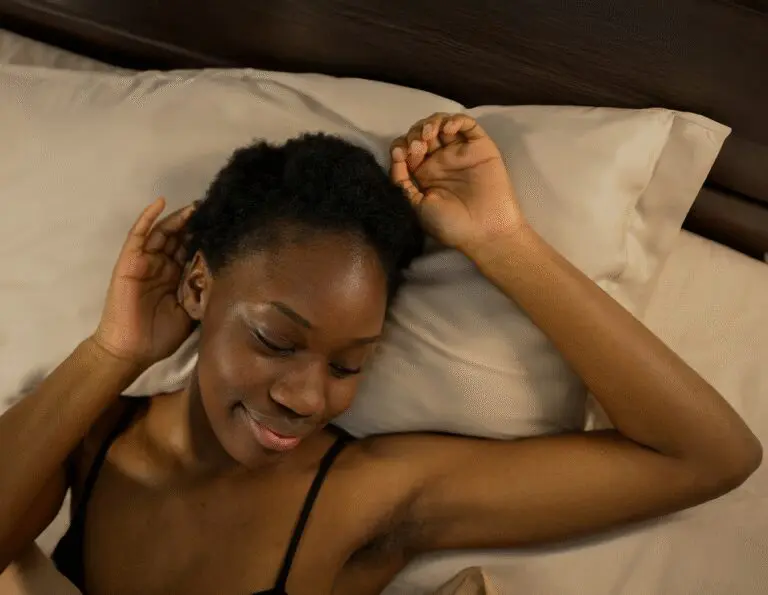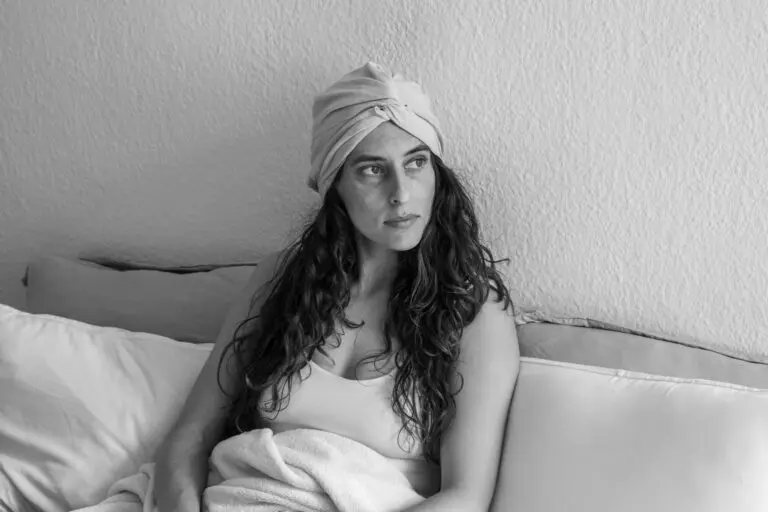
5 Differences: 100% Bamboo vs. Bamboo Viscose
Bamboo has become a popular choice due to its eco-friendly properties and luxurious silky-like feel. However, within the world of bamboo fabrics, two terms often come up: 100% bamboo and bamboo viscose. While they both originate from the same source, there are differences that set them apart. In this article, we’ll explore five key differences between 100% bamboo and bamboo viscose fabrics to help you make an informed choice.Â
1. Composition and Processing
Let’s start with the most technical one. The most fundamental difference between 100% bamboo and bamboo viscose lies in their composition and processing methods. 100% bamboo fabric is made directly from bamboo fibers using mechanical methods that crush the bamboo plant and extract the natural fibers. On the other hand, bamboo viscose is produced through a chemical process that involves dissolving the bamboo cellulose and then regenerating it into fibres.
2. Softness and Texture
Bamboo viscose tends to have a smoother and silkier texture than 100% bamboo fabric. The chemical processing used in forming bamboo viscose results in fibers that are more fine and delicate. In contrast, 100% bamboo fabric may retain a slightly rougher texture due to mechanical processes, but this will become softer in time.
3. Eco-Friendliness
When it comes to sustainability, there’s a notable difference between the two. 100% bamboo fabric is often considered more eco-friendly as it undergoes a mechanical process that requires less chemical intervention. On the other hand, the chemical processing involved in making bamboo viscose raises concerns about its environmental impact, as some chemicals used can be harmful to both the environment and human health.
4. Moisture-Wicking Properties
One of the great qualities of bamboo fabrics is their moisture-wicking properties. Both 100% bamboo and bamboo viscose have this attribute to some degree. However, due to the chemical processing, bamboo viscose might have reduced moisture-wicking abilities compared to 100% bamboo fabric. This is because the chemicals used in the processing can alter the natural structure of the bamboo fibers.
5. Durability and Longevity
In terms of durability, 100% bamboo fabric generally has an advantage. The mechanical processing used keeps the integrity of the bamboo fibers, resulting in a stronger and long-lasting fabric. On the other hand, bamboo viscose might be more prone to wear and tear over time due to the chemical treatment that weakens the fibers to some extent.
Conclusion
Both 100% bamboo and bamboo viscose offer their own unique qualities and benefits. But it’s pretty clear to us, that 100% bamboo is the best choice on all fronts.
When making your own decision, consider factors such as sustainability, processes, and your personal values.
If you prioritize eco-friendliness, durability, and the least chemical intervention, 100% bamboo fabric might be your ideal choice.
Want to read more about bamboo? The Eco-Friendly Choice: Exploring Bamboo as a Sustainable Fabric for Curly Hair Accessories


